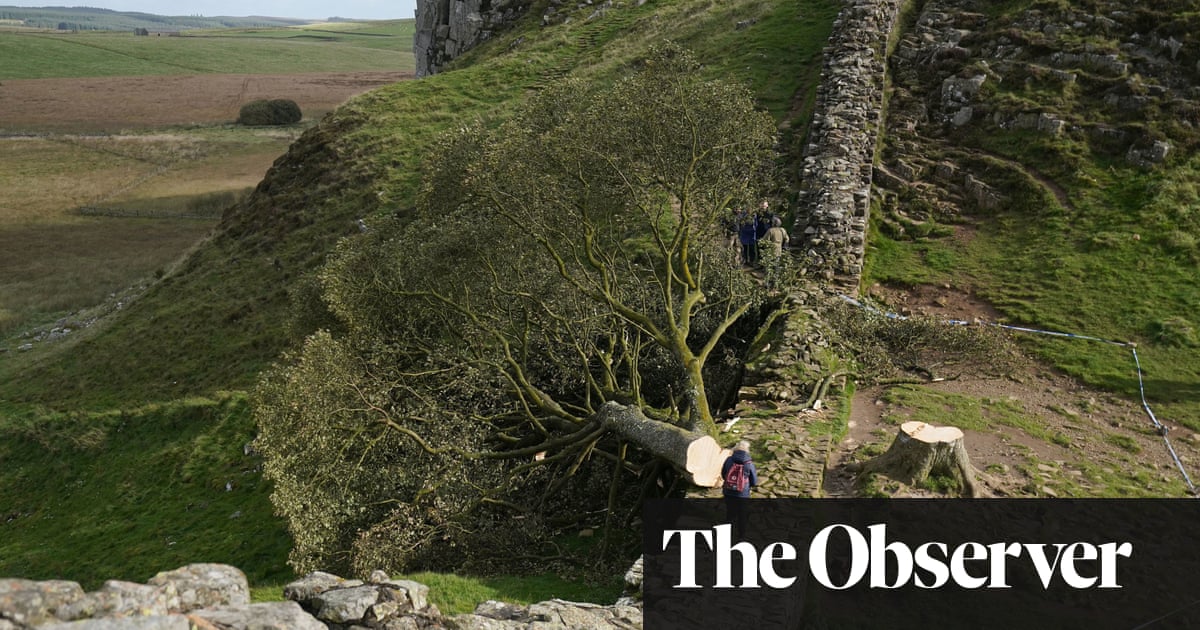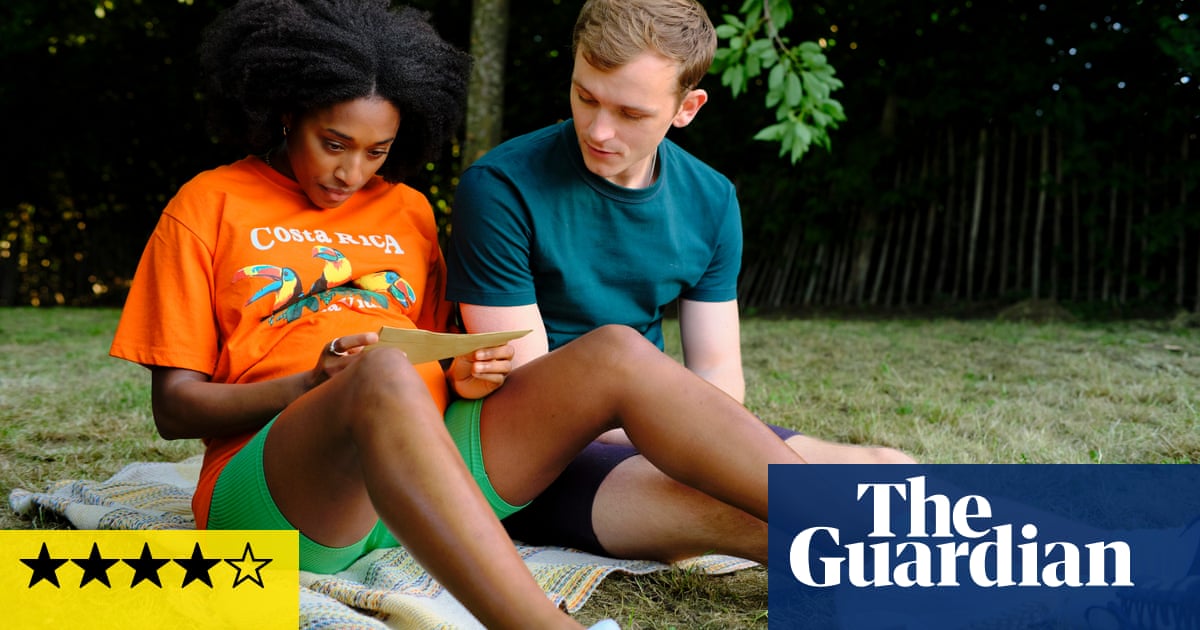
It’s Christmas Eve. The tree lights are off, pine needles dropping on to presents crammed beneath. Cold air seeps in through the window panes and I pull the duvet up tighter around my ears. As I begin to drift off to sleep, I hear the soft click of the door handle, footsteps padding into the room. I freeze, hold my breath, squeeze my eyes shut. A rustle at the end of the bed and then the footsteps retreat. The next morning, I wake to find a stocking – well, not quite a stocking, it’s a pillow case – stuffed with treats. Among the little gifts is a bag of chocolate coins that I tear into, discarding gold and silver foil as I go. This was my first stocking. I was 19 years old.
It was my mother-in-law who thought to creep into the room of a young adult on that first Christmas which I spent with my now husband and his family. Her name is Snezana, which means Snow White in Serbian. Her parents emigrated to the UK before she was born. She was there when my husband and I met at university two decades ago and still tells the story of how she saw a spark between us and was convinced that I would be her son’s wife. For her, Christmas represents honouring those you love, and it was important to her to knit me into the tapestry of her family as she sees each new family member as a gift. It is unsurprising, then, that she takes great joy in making this time of year as magical as possible.
Growing up in a Muslim family in the 90s, however, Christmas was something I experienced at a remove. It quite simply was not for us. My family saw it as a religious celebration, therefore we abstained from engaging in the festivities. Christmas happened on TV. It happened on long walks home from school when winter rendered the world in a greyscale palette, throwing the multicoloured decorations in the windows of other people’s homes into relief. Christmas was classroom tinsel, cards crushed at the bottom of my bag beneath my lunchbox.
I had no concept of Fomo when I was a child, but I felt it like a hot stone sitting in my stomach. Nobody needed to tell me that Santa wasn’t real. I knew he wasn’t because in spite of everything the movies wanted me to believe, being a good girl and wishing very hard did not result in a visit from the big guy. There was one time, however, when I was nine, that my dad caught my brothers and me offguard and took us to Toys R Us late on Christmas Eve.
We tore down the too-bright aisles in our PJ’s, while Christmas Wrapping by the Waitresses played over the store speakers, in search of that one perfect toy. On the drive back, we sat silently sucking on the blackcurrant cough sweets my dad used to let us have as a treat in the car, or on this occasion, given to distract us from the tumultuous row that took place between my parents just before he bundled us into the car. That Christmas shopping trip was an anomaly. The rows, however, not so much. To this day, blackcurrant still tastes like Christmas Eve.
The maisonette on the council estate where I grew up on was so far removed from the decked-out homes in Raymond Briggs’s Father Christmas. At primary school, sitting cross-legged with my classmates on the cold-varnished floor of the school hall, the book was brought to life via video cassette, and I stared transfixed at frame after grainy frame, losing myself in the joy of the story. There was nothing about what I saw that felt as if it contradicted my internal belief system, and I couldn’t make sense of why I shouldn’t be allowed to have something of this joy for myself. When I grow up, I thought, I want to have presents and a roast lunch and a tree and snow outside the window.
Now that I am an adult with a family of my own, my attitude and relationship towards faith has shifted, broadened and centres on inclusivity. I am not the only one who can see that Christmas has become more of a secular event than a religious one, with the royal family being the only people I know of to regularly attend a church service on Christmas morning.
Growing up in the absence of festive obligations has afforded certain benefits, for example, I don’t feel the pressure to see all our close relatives on the same day. Being with loved ones during the festive season is a blessing, not an obligation, and so we meet up with our extended family during the Christmas holidays, but spend the day itself in relative calm, just the four of us.
Scrolling the #duvetknowitschristmas hashtag set up by journalist Rhodri Marsden brilliantly sums up the realities of returning to the childhood home as an adult, perhaps with your own family in tow, and the hilarity of some of the sleeping arrangements when space is tight. Among my favourite pics is one of a sleeping-bag in the vacuum cupboard.
Another positive side-effect of not growing up celebrating Christmas is that many of my children’s festive firsts are also my own. When my husband and I had our first child, he wanted us to have a real tree like the ones he grew up with. I felt conflicted. I had always longed for a real tree, but worried about the environmental aspect. Yet a real tree felt to me the boldest way of engaging with the season, even though I knew my mum would hate it. Blending traditions and having our children experience aspects from both our backgrounds was important to me, so we celebrate both Eid and Christmas.
Like many other cultures, Islam adheres to a lunar calendar, so celebrations commence on the sighting of a new moon the evening before the day itself. Eid is traditionally a busy day when you may visit multiple households, bringing food to share and gifts of money for children. Rather than spending Christmas Eve shopping for last-minute gifts, hastily wrapping and gearing all efforts towards the following day, our Christmas Eves are now spent seeing close family friends, swapping gifts and food we have prepared for one another, before settling down to pizza and a movie in the evening.
Nowadays, you can get Advent calendars for Ramadan counting down to Eid, so there is very much a sense of cross-pollination when it comes to blending festivities.
I relented on the Christmas tree front and have since learned of companies such as the London Christmas Tree Rental that allow you to rent trees, then plant them outdoors when they become too big. While my mum was less than enthusiastic about the news that I had a (far too big for my front room) tree, even she had to admit it was beautiful and helped me sweep up the pine needles when it was time to take it down.
Since I haven’t grown up with my own festive customs, I’ve taken the liberty of borrowing from others, like the Icelandic tradition of Jólabókaflóðið which roughly translates as “Christmas book flood” and involves gifting books on Christmas Eve, then staying up to read them.
Late into the night on 24 December, I creep into my children’s room, gently placing the stockings I made them by their beds so they will see them on waking. Then I head back downstairs to finish reading my book while the tree and candle lights carve deep pools of shadow around me.
As well as learning from other countries, I borrow from the movies – a powerful source of nostalgia that cuts across all cultures and traditions. One Christmas Eve a few years ago I became very sick, so we ordered pizza for dinner and put on a movie. This is what I watched at Christmas when I was little, I told my children. We ate straight from the box and laughed at Bill Murray in Scrooged.
Without realising it, a tradition was born. Since then we have always ordered pizza on Christmas Eve while watching a festive classic. Creating festive memories each year with my family fills me with such contentment, but finding ways to thread my childhood to my present, via books and movies and many other cultural influences, has allowed me a deeper appreciation of the joy that can be had at this time of year.












